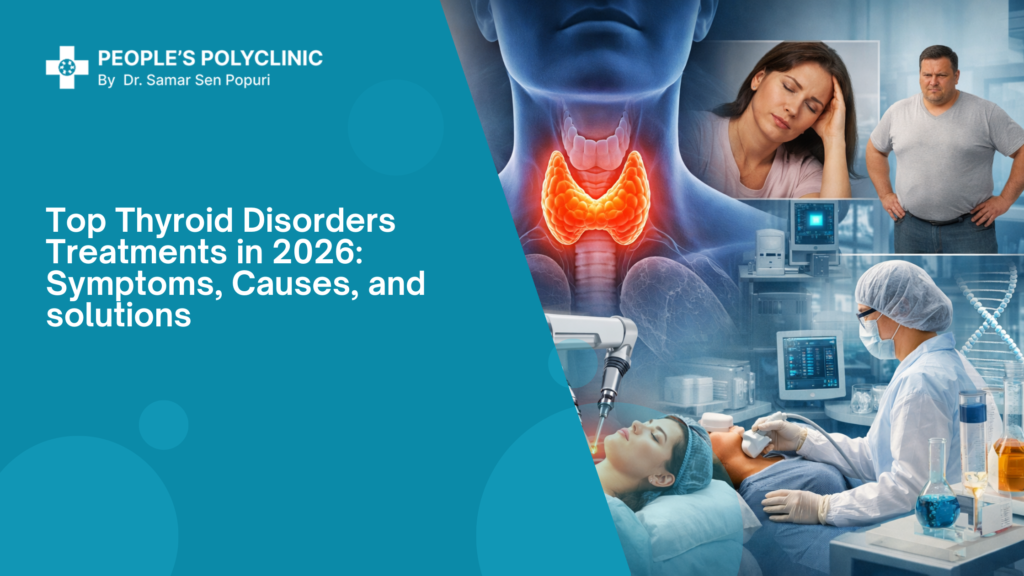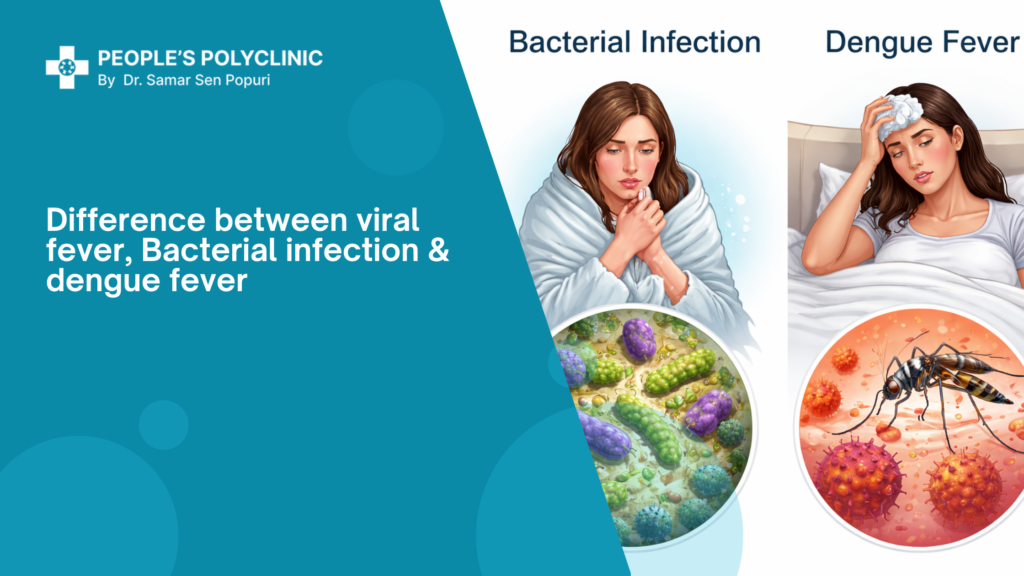Allergic reactions can come on suddenly. One may wake up one morning with itchy skin …

Recognizing the Silent Killer: 5 Symptoms of Hypertension
Hypertension, also known as high blood pressure, is a prevalent and potentially dangerous condition that affects millions of people worldwide. Often referred to as the “silent killer,” hypertension can go unnoticed for years, gradually damaging the cardiovascular system and increasing the risk of heart disease, stroke, and other complications. Recognizing the symptoms of hypertension is crucial for early detection and effective management. In this blog post, we will discuss five common symptoms that may indicate the presence of hypertension.
Persistent Headaches:
One of the most common symptoms of hypertension is persistent headaches, often described as throbbing or pulsating. These headaches typically occur at the back of the head or near the temples. While headaches can be caused by various factors, if you experience frequent or severe headaches without an apparent cause, it is advisable to monitor your blood pressure and consult with a healthcare professional.
Fatigue and Dizziness:
Feeling constantly tired or experiencing frequent episodes of dizziness can be indicative of hypertension. Elevated blood pressure can strain the cardiovascular system, making the heart work harder to pump blood throughout the body. This increased workload can leave you feeling fatigued, exhausted, and lightheaded. If you frequently experience these symptoms, it is essential to have your blood pressure checked.
Shortness of Breath:
Hypertension can affect the blood vessels in the lungs, leading to shortness of breath or difficulty breathing. This symptom may become more noticeable during physical exertion or activities that require increased oxygen supply. If you find yourself becoming breathless more easily or experiencing sudden episodes of shortness of breath, it is crucial to investigate the possibility of hypertension as an underlying cause.
Chest Pain:
Chest pain or discomfort can be an alarming symptom associated with hypertension. Although not all chest pain is directly related to high blood pressure, hypertension can contribute to the development of cardiovascular conditions such as angina or coronary artery disease. If you experience persistent chest pain, tightness, or pressure, seek immediate medical attention to rule out any potential heart-related complications.
Vision Problems:
In some cases, hypertension can affect the blood vessels in the eyes, leading to vision problems. Blurred vision, double vision, or sudden changes in visual acuity may occur. If you notice any unusual or persistent changes in your vision, it is important to consult an eye care professional who can assess your symptoms and determine if hypertension may be a contributing factor.
Conclusion:
Recognizing the symptoms of hypertension is crucial for the early detection and effective management of this silent killer. While these symptoms may indicate other health conditions as well, it is essential to monitor your blood pressure regularly and consult with a healthcare professional if you experience persistent or concerning symptoms. Remember, hypertension can often be managed through lifestyle modifications, medication, and regular monitoring. Prioritizing your cardiovascular health and seeking prompt medical attention can significantly reduce the risk of complications associated with hypertension.







